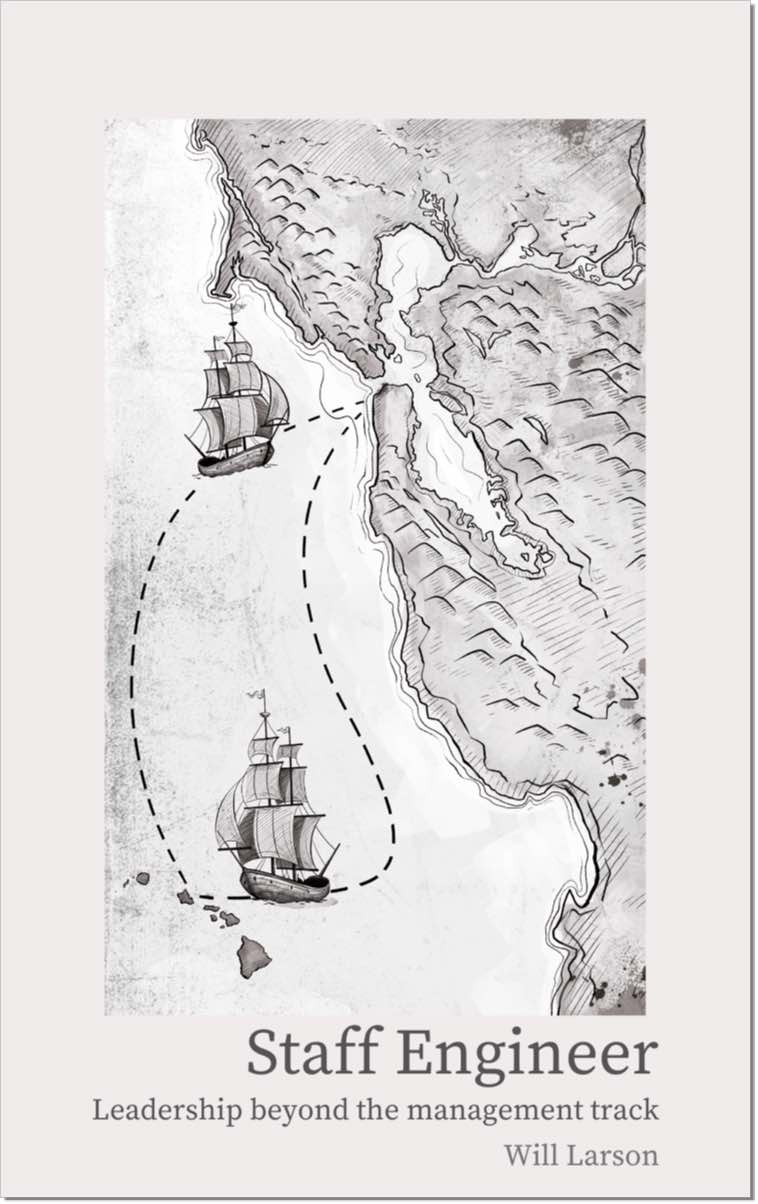
Highlights §
- It’s a common misconception that authority makes you powerful. Many folks aspiring towards more senior roles assume they’ll finally get to do things their way. They believe that the title inherently creates flexibility and autonomy. They believe that the friction holding them back will burst into a whirl of butterflies that scatter into the wind. (View Highlight)
- Titles come with the sort of power called organizational authority, and that variety of authority is loaned to you by a greater organizational authority. What’s bestowed can also be retracted, and retaining organizational authority depends on remaining deeply aligned with the bestowing sponsor, generally your direct manager. To remain effective within a Staff-plus role, you have to learn the art of staying aligned with organizational authority. (View Highlight)
- Retire your remaining expectations that the company is designed to set you up for success. Now you are one of the people responsible for setting the company, your team, and your manager up for success. (View Highlight)
- Most mature technology companies succeed in creating a predictable promotion pipeline from folks joining early in their careers up through attaining the Senior engineer title. The process of getting a Staff title is generally more complex than preceding titles but usually navigated with the support of your engineering manager. Throughout this pipeline, you may become comfortable with your manager guiding your development and providing a safety net for your continued success. After reaching a Staff role, your safety net will cease to exist, or at best, the safety net will be short enough that you’re quite capable of jumping past it and into the awaiting chasm. This will be increasingly true as you go further into Senior Staff and Distinguished engineer roles. (View Highlight)
- Staff-plus roles are leadership roles, and in leadership roles, the support system that got you here will fade away. Often abruptly, you’re now expected to align the pieces around you for your own success. (View Highlight)
- When Rick Boone described his role as Strategic Advisor to the Vice-President of Infrastructure at Uber, he compared his role to Hand of the King in Game of Thrones, and Leo McGarry from The West Wing who frequently remarked, “I serve at the pleasure of the President.” In both those examples, authority flows from the tight association with greater authority, and it’s a great mental model for operating in a Staff-plus role. This can be a difficult transition from previous roles where your authority primarily accumulated through your personal actions and impact over time. (View Highlight)
- If you and your manager have worked together for years, then you’ve already performed a subtle, subterranean sort of alignment over that time. In other cases, a new executive will join who is familiar with supporting these roles and will bring a deliberate map of how they want to work together. However, both of those circumstances are largely out of your control, so it’s valuable to develop your own approach to aligning upward with your manager. (View Highlight)
- Never surprise your manager. Nothing destroys trust faster than surprising your manager. Steering a large organization often involves juggling several projects and problems in your head at once, and surprises threaten the juggler’s rhythm. Large or frequent surprises also call into question whether a leader is truly taking responsibility for their organization. In general, treat each time you surprise your manager as an incident to be learned from and endeavor to prevent repeats. (View Highlight)
- Don’t let your sponsor surprise you. Most folks have extremely high expectations of their managers, assuming, for example, that they will always remember to relay information relevant to your current work. Managers try to do this, some of them are excellent at it, and others are not particularly good. If your manager isn’t great at this, you should certainly give them feedback, but you should also take proactive action to facilitate information flow. This might be weekly email updates or a Slack thread within your team’s channel sharing your focuses for the week. During 1:1s, dig for the feedback! Ask if there are other areas you should be focused on and how your current priorities align with your manager’s. If you continue to surprise each other, then identify the controls you’ll use to partner together. (View Highlight)
